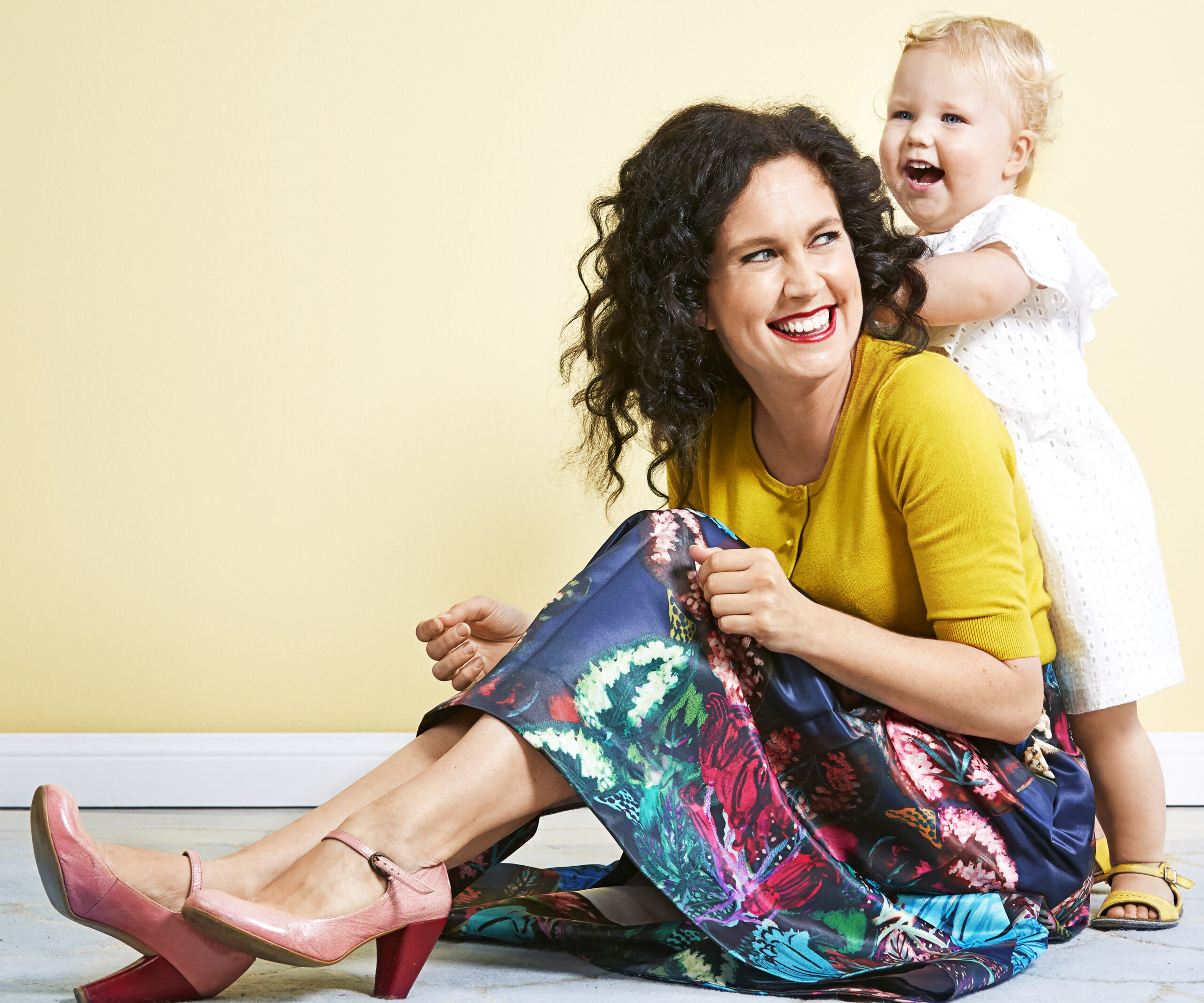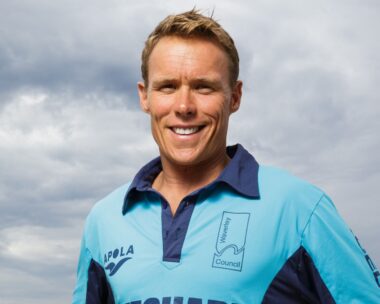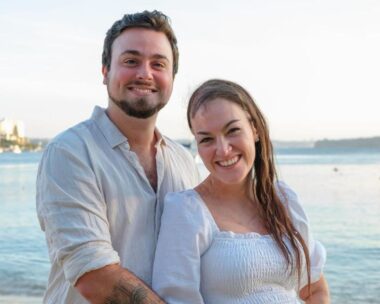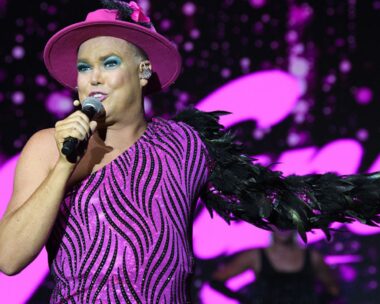If as a mother, there’s one little tip you can pass on to your daughter that might help her enjoy a productive, happy and neurosis-free life, I reckon it’s this: don’t tidy your room.
I mean it. And here’s why. Amid all the extraordinary changes that have befallen Australian women over the past half-century (the surge into the workplace, reproductive freedom, no-fault divorce, military combat roles, Botox, the periodic arrival and departure of high-waistedness as a fashion trend), there is one significant feature of life that hasn’t changed very much at all; women still do about twice as much housework as men.
Now, there are two ways you can approach this disparity, as a gender.
You can whine and moan about men doing more. Or you can take the radical option and just do less yourself.
The Canadian writer Stephen Marche recently observed that, “housework is the only political problem in which doing less and not caring are the solution, where apathy is the most sensible and progressive attitude”.
And that’s the approach I have taken to heart. My house, where my partner and I and our three children live, is a glorious tribute to all the things that are more important than housework.
Mine is one of those homes which would – should we ever feel like selling – need about two weeks of concerted scrubbing and sorting, and dusting-of-high-ledges and a vicious targeted eradication of old craft projects.
Mine is the sort of home where guests for lunch present – apart from menu planning – the added unspoken question as to whose job it will be to clear the dining room table of its drifts of paper, unopened letters and things that people dumped there on the way in from school.
Deposits of useful items (sticky tape, the rare and invaluable Pens That Work, the keys to my son’s toy handcuffs, spare batteries) cluster together on vulnerable surface areas like mice in a haystack.
My partner, Jeremy, is an intrepid housework-sharer, talented launderer and instinctively much tidier than I am. Yet we both work full-time and the numbers don’t lie; the hours in the day just aren’t sufficient to accommodate two working lives plus all the time we need to spend with our children.
And if it comes down to a choice between tidying the living room and making gingerbread with the children, then in my view there is no contest. Consequently, my house is what it is.

Annabel Crabb with her family.
When The Weekly’s Editor-In-Chief Helen McCabe (in her matchlessly charming way) suggested a chat and possible family photograph after I published my book The Wife Drought, my policy was clear: sure, you can come and take pictures in our house, but I’m not tidying up.
Posing in an artificially tidied home, pretending we’re a relentlessly ordered family, would be a fib. Our house is messy. Messy is what it is.
In the end, we ended up in a studio, romping about self-consciously for photographs in an artfully disordered but controlled environment.
However, I like the way my house is. It’s like my parents’ house, on the Adelaide Plains farm where I grew up and where friendly disorder always reigned; Lego citadels, intricate costumes made out of paper shopping bags and the serial projects of my crafty, kitchen-innovator of a mother. She made her own soap. She wove her own baskets.
In a fabulous burst of activity, she once knitted a blanket from wool she had carded, spun and dyed herself, with wool shorn from our own sheep.
That blanket is – in any future will and testament – the only thing on which I really will insist.
My room was always a mess and it still is, and sometimes I think not minding about that is the greatest gift my mother has given me.
Genuinely not minding that the kitchen cupboards are dusty – or that my desk is still cluttered with notes, splayed reference texts and illegible little Post-It notes from a book I finished writing nearly a year ago – is like a season ticket to the happiness that comes from doing other things.
One of the reasons the housework debate is so diabolical – and why, in countless households across Australia, the dishes and the recycling, and the timeless dispute about whose job it really is to clean the toilet carry such potential for discord – is that men and women often have asymmetric standards about what constitutes an acceptable level of clean.
It’s one thing to agree that housekeeping will be split equally, but it’s another thing entirely to reach agreement upon the absolute minimum that must be done and this is where the frustration often erupts.
One party might think that a kitchen bench is clean if it’s been given an optimistic swipe with a dingy Chux. The other, meanwhile, might be incapable of sleep until it’s been fully cleared and disinfected.
Why do women, on average, have higher standards? Well, it’s not the case in my household, so I’m an unreliable witness, but my best guess is that it’s because women have more skin in the game than men.
An untidy house belonging to the Brown family is far more likely, in local gossip, to be “Mrs Brown’s filthy house” than “Mr Brown’s filthy house”.
And, you know, every now and again, when I’m rampaging through the house looking for nail scissors or that birthday present I bought two days ago for the kids’ party to which we are, right at that minute, already 20 minutes late, I do feel the siren call of orderliness and wish I had one of those houses in which minimalist furniture sprawls languidly across vast empty planes of dust-free space, interrupted only by the odd witty vase or coffee-table book about wallpaper.
Yet then I remember. Skiving off housework is my international ticket to more fun things, like hanging out with my slightly dishevelled children. A bit of mess never hurt anyone, after all.
Annabel Crabb is the author of The Wife Drought, published by Random House.
This story was originally published in the March issue of The Australian Women’s Weekly.




